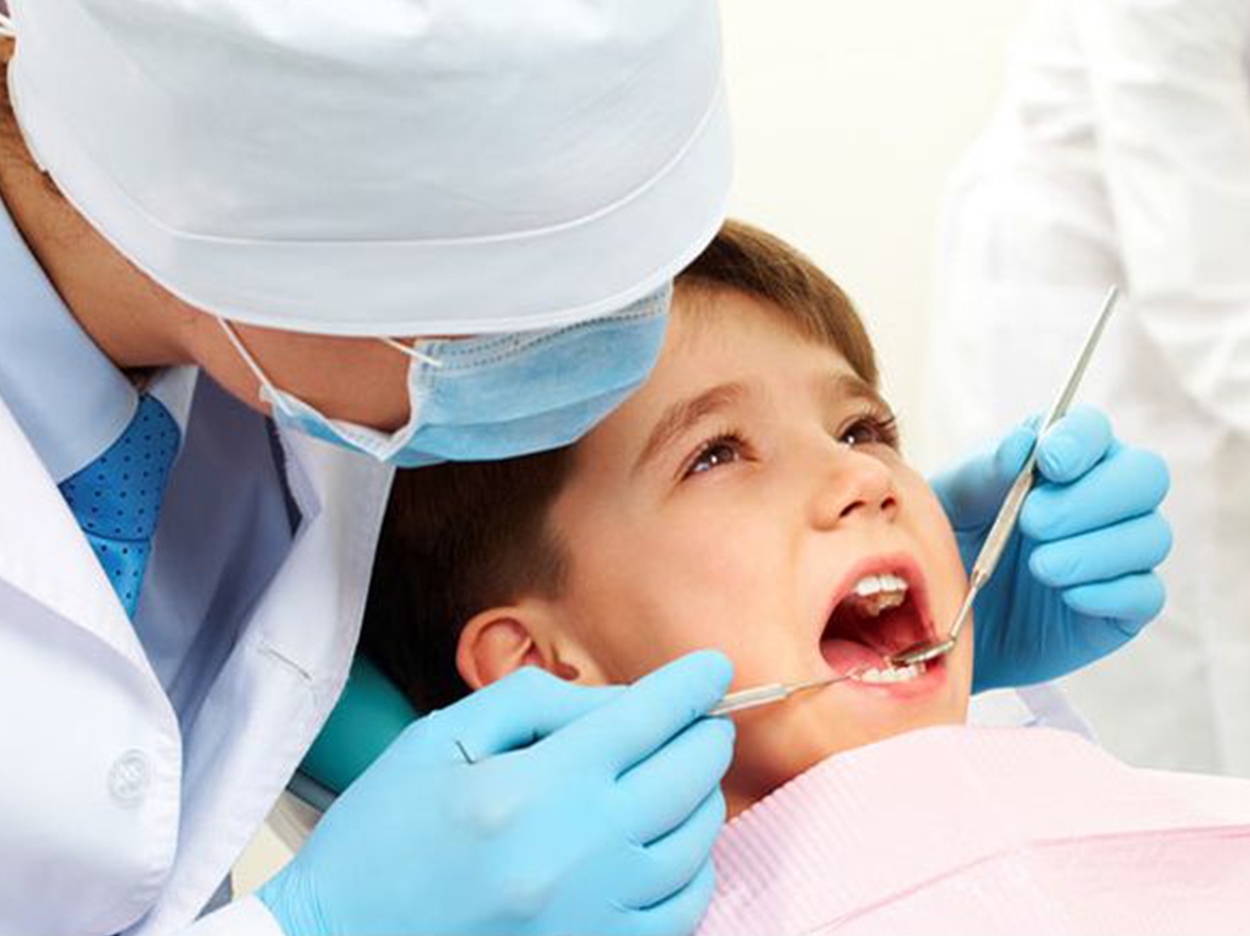
A conditional cash transfer program in New York City had a positive impact on patients’ perceptions of their health as well as their level of hope partly through improvements in financial well-being, according to an international team of researchers. Family Rewards, the first conditional cash transfer program for low-income families in the United States, also had small but meaningful effects on the use of preventive health services, especially dental care.
To be eligible for the three-year program, families had to meet several conditions, including school attendance, preventive healthcare use, and employment. The study involved about 4,800 low-income families from six of New York City’s most deprived communities in the Bronx, Brooklyn, and Manhattan. Sponsored by the New York City Mayor’s Office and evaluated by the MDRC nonprofit research group, 2,400 families in the program earned an average cash amount of $8,674 per household from 2007 to 2010.
Compared to control groups that did not receive cash transfers, these families had better access to their personal healthcare providers (an increase of 4%) and dental checkups (up to 15%). The program also led to modest but significant improvements in parental level of hope and well-being. Plus, participation in the program was associated with an increased probability of having had at least two dental checkups in the past year: by 13% in adults and by almost 15% in children 42 months after the program started.
Family Rewards additionally had positive effects on health insurance coverage and receiving treatment for any medical condition. Participants were also less likely to forgo medical care due to cost. These effects translated into small improvements in health status as measured by parental self-rated health and level of hope.
“The program had shown some positive effects regarding reduction in poverty and material hardship and improvement in perceived financial well-being. On top of New York City’s strong existing social safety net, the conditional cash transfers have led to some improvements in healthcare access and perceived health of poor families,” said Emilie Courtin, research fellow at the Department of Global Health and Social Medicine at King’s College London and lead author of the study.
“A key strength of the study is its design. Family Rewards was evaluated in a randomized-controlled trial, the gold standard for finding out if a program like this works,” Courtin said.
Conditional cash transfer programs have been proven effective in reducing health inequalities in Latin America and are becoming a prevalent policy for improving the education and health outcomes of poor children in developing countries since their introduction in Mexico and Brazil in 1997.
Interventions across Latin America have led to significant increases in the use of health services, including the number of visits to health facilities and receipt of prenatal care and pediatric examinations. Evidence shows that the interventions have also improved some health outcomes, particularly developmental, nutritional, and cognitive measures among children.
“These programs aim to break the intergenerational transmission of poverty and general individual as well as societal benefits,” said Peter Muennig, MD, MPH, professor or health policy and management at Columbia University’s Mailman School of Public Health and a study coauthor. “They are innovative by providing people with the financial resources and incentives to get help for themselves and their children. These resources include education and medical care, two powerful factors that make people healthier.”
“Conditional cash transfer programs have been increasingly popular in low- and middle-income countries in Latin America, Africa, and Asia,” said Professor Paolo Vineis, chair of environmental epidemiology within the School of Public Health at Imperial College London and coordinator of the LIFEPATH project. “However, programs with different types of behavioral conditionality are also gaining ground in various developed countries, and our study can help to encourage their establishment in Europe.”
New York City’s Center for Economic Opportunity, now NYC Opportunity, created Family Rewards in partnership with MDRC and Seedco. Privately funded, it distributed $20.6 million to participating families over its three years of operation. It was inspired by other conditional cash transfer programs that have been implemented with the support of the World Bank and other international financial institutions in many countries, particularly in Southeast Asia and Latin America.
The study, “Conditional Cash Transfers And Health Of Low-Income Families In The US: Evaluating The Family Rewards Experiment,” was published by Health Affairs.
Related Articles
Columbia University Finds Partners to Improve Oral Health in Africa
Sealants Are the Key to Successful Preventive Pediatric Services
Underserved Families Still Face Major Barriers to Dental Care












